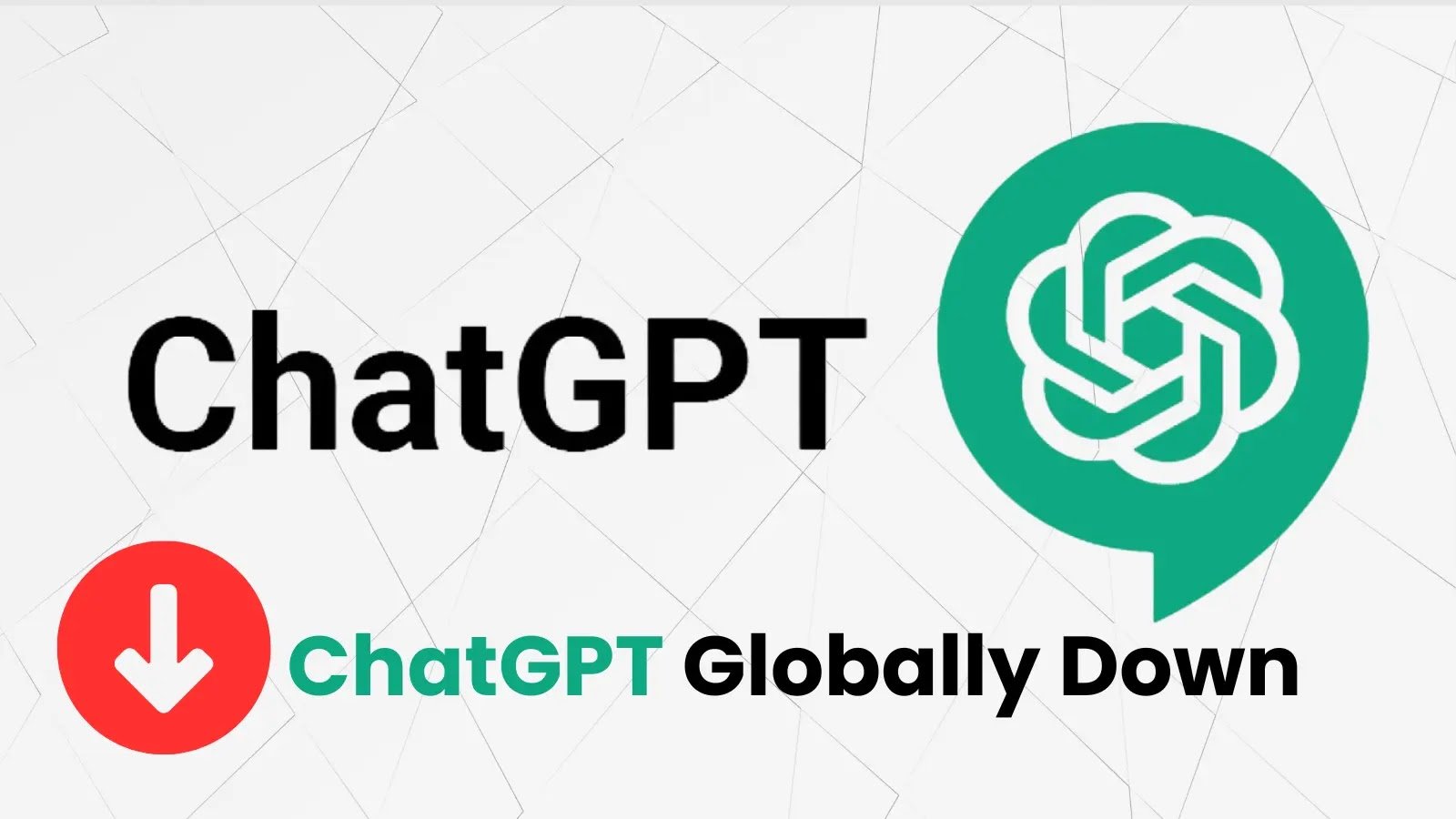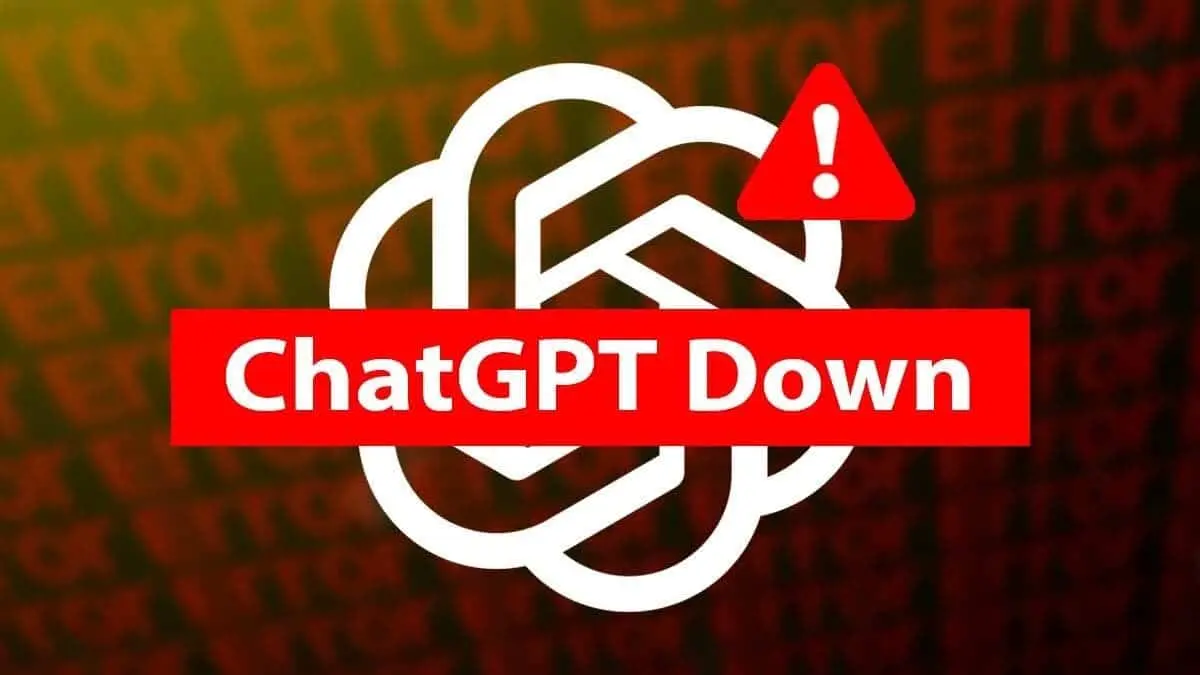AI NEWS
Microsoft’s AI Co-pilot Sparks Backlash as Users Seek Ways to Opt Out
Subscription Price Hike and Limited AI Credits Leave Microsoft 365 Users Frustrated

Microsoft’s recent integration of its AI assistant, Copilot, into Microsoft 365 Personal and Family plans has ignited a wave of discontent among users. The tech giant’s move, which includes a price increase and limited AI usage credits, has left many subscribers feeling blindsided and seeking ways to revert to their previous plans.
The Unwelcome Surprise
Without prior consent, Copilot has been embedded into Microsoft 365 applications such as Word, Excel, PowerPoint, Outlook, and OneNote. While AI integration promises enhanced productivity, many users are questioning the value, especially when accompanied by a price hike. The Personal plan now costs $99.99 annually, up from $69.99, and the Family plan has increased to $129.99 from $99.99.
Limited AI Access
Subscribers are allocated 60 AI credits per month, with each Copilot action consuming one credit. Once exhausted, users must wait until the next month or upgrade to the $20/month Copilot Pro plan for unlimited access. Notably, in Family plans, only the primary account holder receives these credits, leaving other members without access. pureinfotech.comcomputerworld.com
Opting Out: A Complex Process
For those wishing to remove Copilot and avoid the price increase, Microsoft offers a limited-time option to switch to “Personal Classic” or “Family Classic” plans. However, this process isn’t straightforward. Users must initiate a cancellation of their current subscription, during which they are presented with the option to downgrade. This approach has been criticized for its lack of transparency and user-friendliness.howtogeek.com
Disabling Copilot in Applications
Users can disable Copilot within individual applications:
- Windows: Go to File > Options > Copilot, and uncheck “Enable Copilot.”
- Mac: Navigate to Preferences > Authoring and Proofing Tools > Copilot, and uncheck “Enable Copilot.”support.microsoft.com
It’s important to note that this must be done separately for each application and device.
User Backlash
The integration of Copilot and the associated costs have led to significant user dissatisfaction. Many feel that Microsoft is imposing features without adequate communication or consideration for user needs. The limited AI credits and the complexity of opting out have further fueled frustration.theverge.com+6borncity.com+6pureinfotech.com+6
Conclusion
Microsoft’s strategy to embed Copilot into its 365 suite has been met with resistance. While AI integration can offer benefits, the approach taken—marked by price increases, limited access, and complicated opt-out procedures—has left many users feeling undervalued. As the company navigates this transition, it may need to reconsider its methods to maintain user trust and satisfaction.
AI NEWS
Millions Left in the Dark as ChatGPT Outage Sparks Australia Chaos
Unexpected crash of OpenAI’s flagship AI tool ChatGPT leaves users stranded across Australia and beyond as complaints flood social media

In a digital world increasingly powered by artificial intelligence, even the slightest disruption can send shockwaves through daily life—and that’s exactly what happened when ChatGPT experienced a massive global outage as reported today by Daily Global Diary, leaving millions of users without access to the popular AI chatbot.
The outage, which reportedly began during peak working hours in Australia, quickly escalated to affect users across Europe, Asia, and the Americas, triggering a storm of complaints on platforms like X (formerly Twitter) and Reddit. According to user reports, the chatbot failed to generate responses, and in many cases, refused to load altogether. OpenAI, the tech giant behind ChatGPT, has since acknowledged the disruption and stated that the team is “actively investigating the root cause.”
The impact was especially profound in Australia, where both professionals and students rely on the platform for tasks ranging from coding assistance to content generation. Many frustrated users shared screenshots of error messages, tagging OpenAI and demanding answers. For a service that boasts over 100 million weekly active users, this sudden blackout has raised questions about reliability and over-dependence on generative AI.
While the AI-powered assistant has previously seen brief interruptions, this incident stands out for its widespread reach and prolonged downtime. According to third-party status monitoring sites like DownDetector, reports of failures spiked sharply within minutes, with the highest concentration of issues reported in Sydney, Melbourne, London, and parts of the United States.
Speculation is swirling around potential causes—ranging from server overload to backend deployment issues. However, no official cause has been confirmed. OpenAI has reassured users that they are working to “restore full functionality as soon as possible.” Until then, many users and developers are left scrambling for alternatives.
This outage also sparked renewed debate about AI dependency. Experts are cautioning businesses and educators not to rely solely on tools like ChatGPT, stressing the importance of backup systems and diversified workflows in an AI-centric ecosystem. As the world grows more intertwined with intelligent software, today’s crash serves as a stark reminder of just how fragile our digital lifelines can be.
Tech
Millions Left in the Dark as ChatGPT Outage Sparks Global Panic Online
OpenAI’s ChatGPT suffers sudden global downtime leaving users frustrated and raising concerns in countries like Australia, Japan, India, and the US

In a surprising turn of events, ChatGPT—the AI-powered chatbot that millions rely on for everything from work assistance to casual conversation—suffered a widespread global outage on Monday, sending shockwaves through its user base across continents. The disruption, which began earlier in the day, quickly spiraled into a trending topic as users from Australia, India, Japan, Europe, and the United States flooded social media platforms to express concern, confusion, and in some cases, sheer panic.
According to Downdetector, a service that monitors digital outages, reports of ChatGPT not working spiked dramatically around 12 PM UTC, with a sharp increase in complaints particularly noted from Australian and Japanese users, many of whom depend on the tool during their workday due to time zone overlaps. By early evening, the phrase “ChatGPT Down” was trending in multiple countries.
While OpenAI, the developer behind ChatGPT, acknowledged the issue shortly after the surge in reports, the silence on what caused the failure only fueled more speculation. The company posted a brief update on its status page, stating, “We are currently investigating an issue affecting ChatGPT access. Our teams are actively working to resolve it.” However, users were left without further clarification for hours.
The AI chatbot, which has become deeply integrated into daily tasks—be it coding, content creation, customer service, or education—left countless professionals stranded mid-project. Australian business owners reported delays in client communications, while students across Europe expressed frustration over interrupted exam prep. According to sources close to the tech community, even enterprise clients utilizing ChatGPT-4 API were not spared.
Speculation about a possible cyberattack or backend infrastructure failure started circulating on platforms like X (formerly Twitter) and Reddit. Others questioned whether this outage was linked to a recent update or server overload due to increased traffic. Some even jokingly blamed the AI itself for becoming “too self-aware.” Regardless of the theories, the seriousness of the outage highlighted the world’s growing dependency on generative AI tools.
At the time of reporting, partial service restoration has been observed, with users in some regions regaining access, although performance remains slow and inconsistent. OpenAI has yet to release a detailed postmortem on the incident, but a full explanation is expected in the coming days.
As AI continues to weave itself into the fabric of daily life, events like this raise crucial questions—How much is too much dependency? And more importantly, what failsafes are in place if tools like ChatGPT go silent again?
AI NEWS
ChatGPT Suddenly Stops Working Millions Left Confused as Global Outage Sparks Panic
OpenAI’s popular chatbot ChatGPT faced a massive global disruption today with users in India and the United States reporting widespread outages and unresponsive servers.

In a digital age where AI assistants have become a part of daily life, the sudden unavailability of ChatGPT, OpenAI’s flagship artificial intelligence chatbot, caused a wave of confusion and concern across the globe on Monday. According to user reports and platform monitoring sites like Downdetector, the disruption began early in the day and rapidly escalated into a full-blown global outage, affecting millions from New Delhi to New York.
The issue, which rendered both the desktop and mobile versions of ChatGPT inaccessible, first started surfacing in tech forums and social media threads. As per early indicators, India and the United States emerged as the two hardest-hit countries, with thousands of users flooding X (formerly Twitter) with memes, complaints, and calls for answers. Many shared screenshots of error messages while others speculated whether OpenAI’s servers were under maintenance or experiencing an internal failure.
Several digital creators, developers, and even corporate users expressed frustration over their reliance on the AI platform being interrupted without warning. A Bengaluru-based tech entrepreneur posted, “This is like waking up and realizing your best employee didn’t show up to work.” While humorous in tone, the comment reflects how deeply integrated ChatGPT has become in productivity and communication.
Although no official statement was released immediately by OpenAI, users noted that the chatbot’s downtime affected both free-tier and ChatGPT Plus subscribers, further intensifying the outrage. “It’s not just a glitch—this is a major blackout,” wrote a user on Reddit, echoing the concerns of many who depend on the AI tool for content creation, coding, tutoring, and more.
The outage even prompted cybersecurity concerns, with some users questioning if it was the result of a coordinated cyberattack. However, experts dismissed these fears as premature, suggesting that the problem is likely tied to internal infrastructure or server overload.
Interestingly, this isn’t the first time the service has experienced a hiccup. However, the scale and timing of today’s crash—amid growing dependence on generative AI—highlight the fragility of even the most sophisticated platforms. The incident has sparked fresh conversations around the need for AI alternatives and decentralized support systems.
As of now, some users report intermittent recovery, but there’s no official timeline for full restoration. Until then, ChatGPT remains eerily silent—and the internet, ironically, is struggling to cope without its favorite digital assistant.
-

 Entertainment6 days ago
Entertainment6 days agoHe-Man Wears a Suit Now… Nicholas Galitzine’s ‘Masters of the Universe’ Trailer Drops a Shock Fans Didn’t See Coming
-

 Entertainment1 week ago
Entertainment1 week agoBrazil Eyes Oscar History Again… ‘The Secret Agent’ Scores Best Picture Nomination as Wagner Moura Stuns Hollywood
-

 Entertainment4 days ago
Entertainment4 days ago“Comedy Needs Courage Again…”: Judd Apatow Opens Up on Mel Brooks, Talking to Rob Reiner, and Why Studio Laughs Have Vanished
-

 Entertainment1 week ago
Entertainment1 week agoBox Office Shocker as Chris Pratt’s ‘Mercy’ Knocks ‘Avatar 3’ Off the Top but Nature Had Other Plans…
-

 Entertainment6 days ago
Entertainment6 days agoOscars Go Global in a Big Way as This Year’s Nominations Signal a New Era: ‘The Academy Is Finally Looking Beyond Hollywood…’
-

 Entertainment1 week ago
Entertainment1 week agoMichael Bay Makes a Power Move… Blockbuster Director Signs with CAA in a Deal That’s Turning Heads
-

 Entertainment6 days ago
Entertainment6 days ago“Dangerously Kinky… and Darkly Funny”: Olivia Wilde and Cooper Hoffman Push Boundaries in ‘I Want Your Sex’
-

 Entertainment1 week ago
Entertainment1 week ago“I Thought I’d Pass Out”… Sundance Veterans Reveal the Nerves, Breakdowns and Breakthroughs Behind Indie Cinema’s Biggest Stage

























